“Iki” means “live now”, “gai”- “reason”. Combining these two words create a name of Japanese philosophy of happiness, which calls for passion, mission and work. In Japan professional sphere dominates. Residents are famous for workaholism and the European version of pension does not function. Ikigai strongly contrasts with the still popular hygge: hot chocolate, fire and cardamom buns. If, despite the autumn-winter aura, we don’t want to surrender to the winter tiredness, it means the time has come for Ikigai- energy and crisp air.
Future, that is Tokio
Shinjuku station is the busiest communication node in the world. 3,5million passengers stop here daily. Ogimi, on the other hand, surprises the world with long life expectancy, exceptional health and a population of barely over 3 thousand. They both have one thing in common: activity.
Japanese people believe in gangarimasu- maximum effort put into an activity. A team of talented people always mean more than an individual, even a talented one. The end result is the most important part of any cooperation. Environment should stimulate us to act.
The potential of meetings held in unusual circumstances (gasshuku) is often used in the country of a blooming cherry. In English those meetings are called offsite meetings- informal, controlled company trips. Stimulating creativity and breaking the routine is, as you can see, transcultural. The concept of coming out of your comfort zone can remind you of a line from a guidebook. In an office similar result will be achieved through modular furniture that can be quickly rearranged and encourage employees to exchange their thoughts.
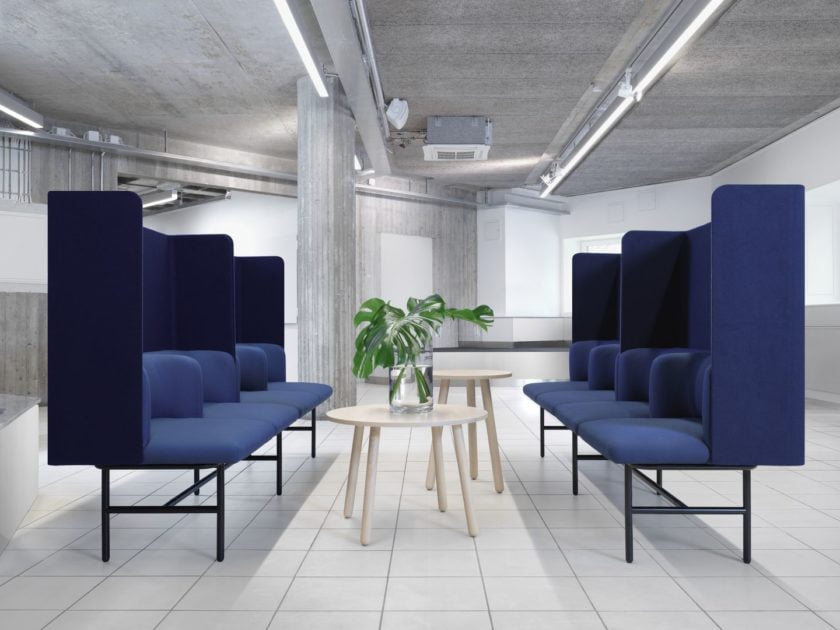
The Agora line is ideal in this case. The creation of the line was inspired by ikigai concept of work. Thanks to its design, the piece of furniture does not dominate, which can also remind you of the Asian take on the interior design. It avoids excessive forms and works within the concept of simple design and geometry. This can also be highlighted by choosing earth colours. Not without significance is the fact that the focal point of a room in Japan is furniture, not empty space; the shape of the Agora range fits in perfectly with the vision.
Past, that is Kioto
From all the Japanese provinces Kioto refers to past the most. Ikigai instructs us to analyse both good and bad experiences, transform them into positive thinking and secure ourselves a good emotional health.
Japanese live fast- that is an undeniable fact. Paradoxically, they believe they should spend only the right amount of time on each task, not more and not less. However, the moments of slowdown are necessary and they are reflected in Japanese relaxation techniques, artistic handcraft and haiku- classic poetic miniatures. Workaholics also need to find a minute to catch a breath.
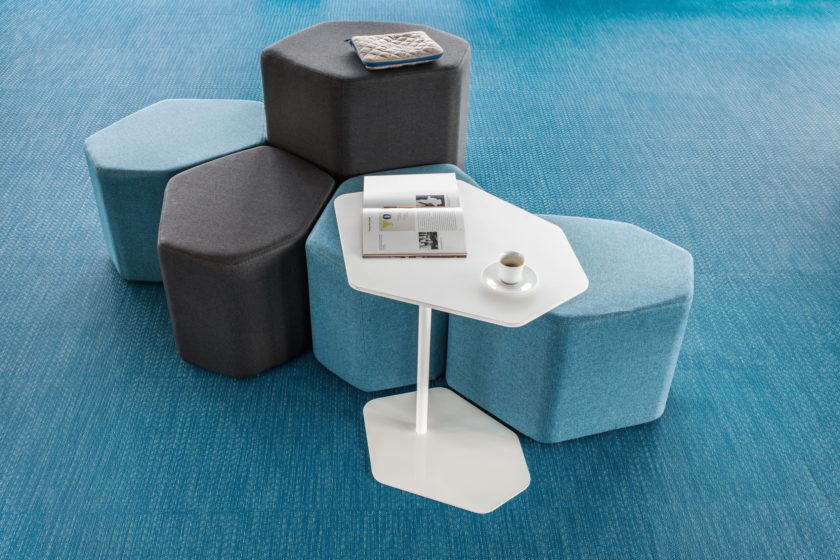
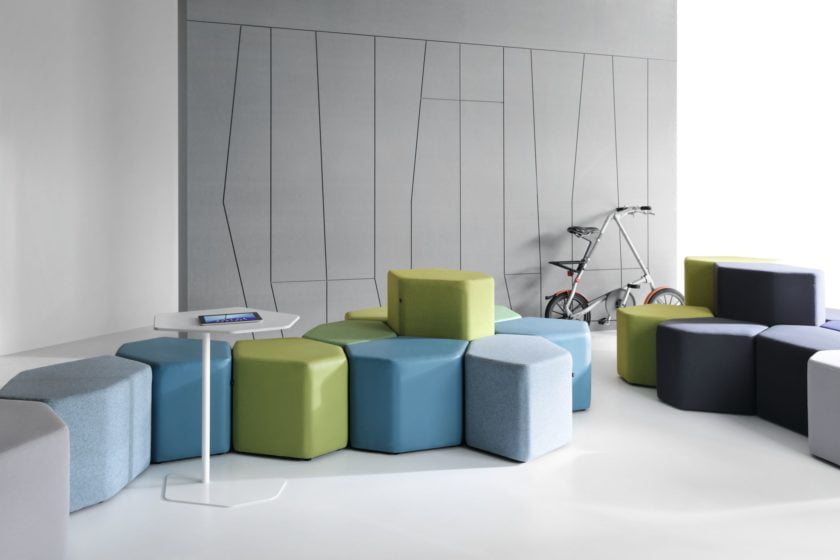
Ikigai allows you to regain control over the rhythm of existence. Also in western offices relaxation zones like chillout rooms, extensive social spaces and green areas are becoming more popular. The Bazalto pouf, for example, can create an atmosphere of relaxation. Pleasant form inspired by nature and a wide colour scheme will introduce light and air into an office. Depending on the users’ needs taller modules can create space that attract introversion or boost interpersonal contacts. People are social beings and interactions between friends cause the levels of endorphins to rise and consequently, lower stress levels.
According to Ikigai the quality of rest is more important than the length of it, therefore, it is hard to underestimate the importance of office relaxation zone.
Present, that is Ise
Chram Ise is the most important Shintoism temple and it has been demolished and rebuilt consecutively, every two decades since VII a.d. Japanese fulfil the ideology of eternal presence and a belief that a person can continually become whoever they want. Self-consciousness and concentration are necessary in the process.
Distracting factors overcame our lives. Ikigai convinces us that a person is not effective when multitasking. Completing tasks one by one provide us with the best results, which is supported by a research of scientists coming from outside the Asian cultural circle.
Conceptual work is more effective in spaces separated from noise, bustle of phone conversations and discussions among employees. Those areas are key in building self-discipline, they help staying focused and make it easier to refrain from checking private emails or social media until completing a planned stage of task.
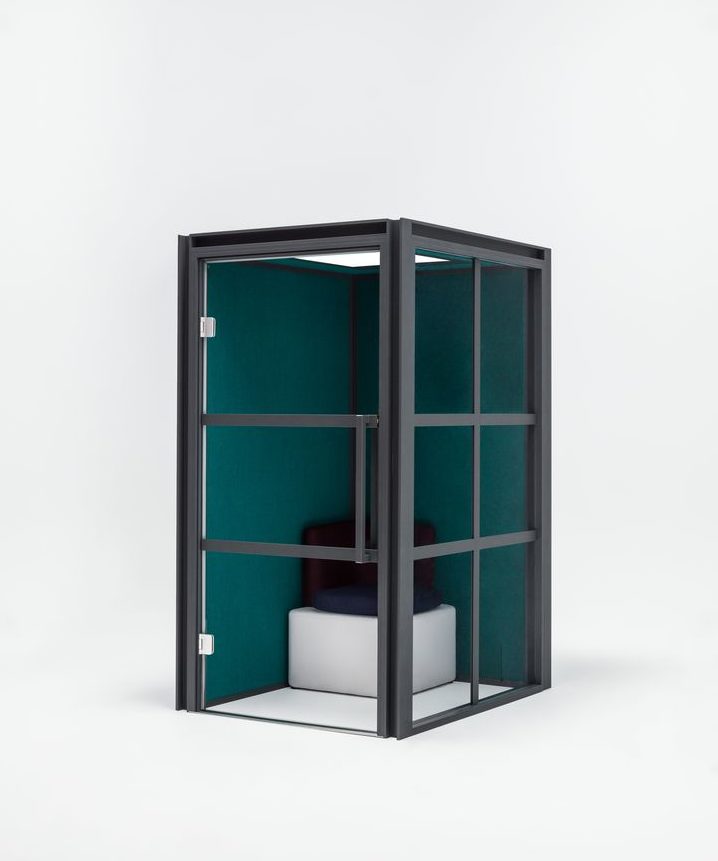
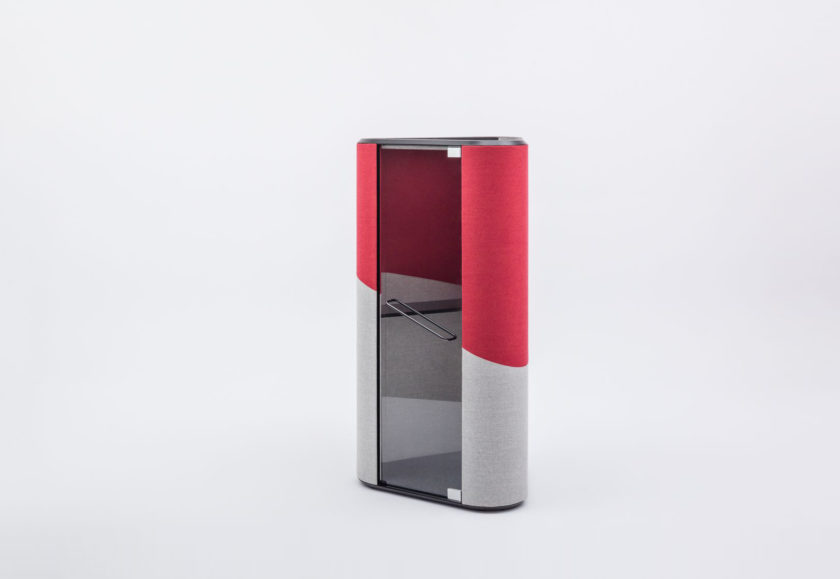
Contemporary office spaces are becoming more and more open, which mean providing employees with zones supporting concentration and focused work is becoming more of a challenge. The solution lies in acoustic pods; depending on a model and configuration they may create spaces dedicated to individual work or separate meeting areas.
Being in the presence, according to Japanese, is a complete mental and emotional commitment to current activities. Acoustic products like panels and pods easily represent the concept. They control the office noise and additionally create separate areas in open space offices.
Analysis of the main assumptions of Ikigai shows that Asian concepts are not too distant form the European ones. Arrangement of office spaces account for spaces dedicated to dynamic and fast pace as well as quiet zones, rest or individual workstations that require concentration. Ikigai postulates to find passion in all of these activities.
Think of time when you were engrossed in something and forgot about the rest of the world. That’s Ikigai.
References:
- Garcia H., Miralles F., IKIGAI. The Japanese secret to a long and happy life, 2018
- Gracia H., Miralles F., Ikigai, 2018
- Mogi K., The little book of Ikigai: The secret Japanese way to live a happy and long life, 2017